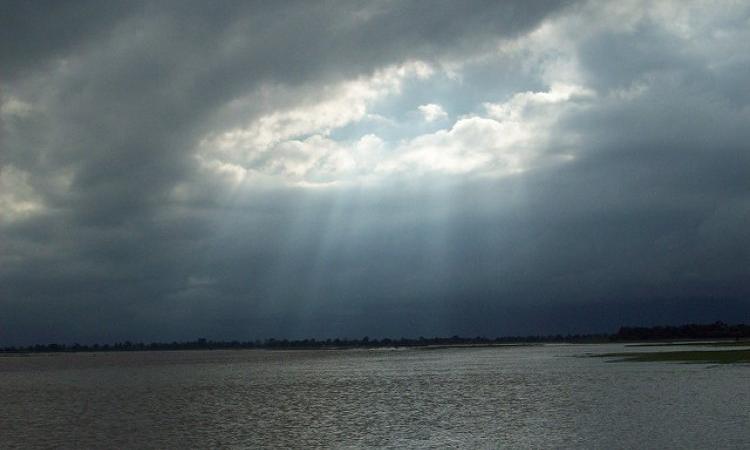
India's water situation alarming
As per the Central Water Commission (CWC), the water storage available in 91 major reservoirs of the country towards the end of May was 31.65 billion cubic meters, which is 20 percent of the total storage capacity of these reservoirs. The data by the India Meteorological Department (IMD) shows that the country is experiencing the second driest pre-monsoon spell in 65 years. The worst deficiency has been witnessed in Madhya Maharashtra, Marathwada and Vidarbha in Maharashtra, Konkan-Goa, Gujarat, Saurashtra and Kutch, coastal Karnataka, Tamil Nadu, and Puducherry, among others. Moreover, more than 42 percent of India is abnormally dry which is around six percent more than last year.
DJB approves largest sewage plant at Okhla, Delhi
Under the Yamuna Action Plan-III scheme, the Delhi Jal Board (DJB) has given its approval to setting up a new sewage treatment plant (STP) at Okhla. The plant, which is being claimed as the largest such plant in India, will have the capacity to treat 124 million gallons of wastewater per day. The plant, worth Rs 1,161 crore, will cater to around 40 lakh residents in Delhi. The board has also approved construction of 14 mini STPs in the Najafgarh drainage zone and laying of the internal sewerage system for unauthorised colonies.
Assam, Mizoram and J&K most vulnerable to climate change: Study
According to the study Climate Vulnerability Assessment for the Indian Himalayan Region Using a Common Framework, conducted by the Indian Institutes of Technology (IIT) at Mandi and Guwahati and the Indian Institute of Science (IISc) at Bengaluru, of the 12 Himalayan states in the country, Assam, Mizoram and Jammu and Kashmir (J&K) are the most vulnerable to climate change while Sikkim is the least vulnerable state. The study, conducted in collaboration with the authorities in all the 12 states in the Indian Himalayan Region, is aimed at identifying the drivers of vulnerability and developing ways of adapting to and mitigating their impact.
Survey of Poisar river falsifies BMC's claims of desilting work
A survey of Poisar river tributary carried out by members of citizen group River March has revealed the precarious state of the river. While the Brihanmumbai municipal corporation (BMC) has claimed to have completed over 85 percent of nullah cleaning work, the survey points to the haphazard cleaning work that has been carried out. There were several stretches which showed no signs of cleaning activities being done. The locals have reported that BMC contractors did not conduct clean-up drive and most of the garbage was left in the river. The group has now decided to take up more such surveys along Dahisar, Poisar and Oshiwara rivers.
Bhopal's Bhojtal lake inches towards dead storage level
Owing to less than normal rain and scorching heat, water levels at Bhojtal, formerly known as Upper lake, have rapidly dipped and the water level in the lake has reached its dead storage level. The water shortage in the lake has raised concerns in the areas of the city which depend on it for water supply. The authorities have demanded Rs 100-crore package from the state government to tackle the situation. Meanwhile, the authorities have appealed to the citizens to use water sustainably and help in conserving it.
This is a roundup of important news published between May 29 - June 4, 2019. Also read policy matters this week.